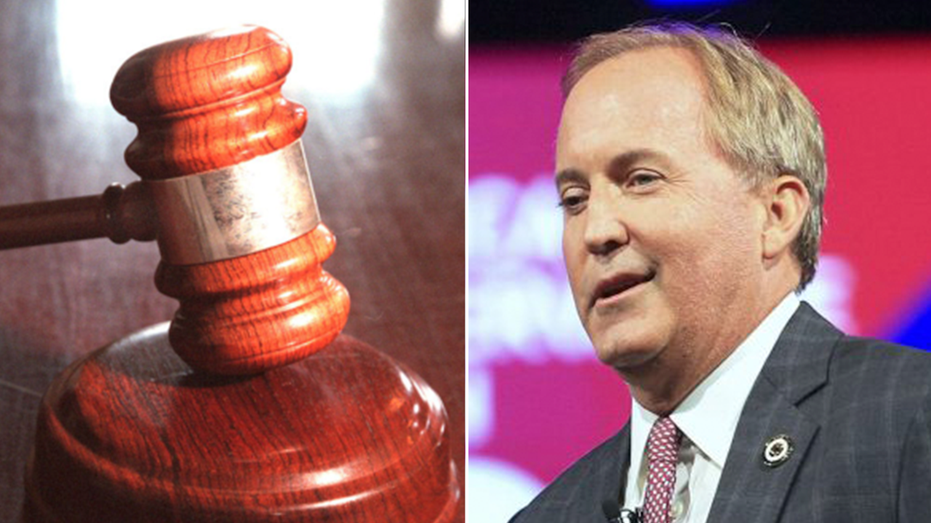Supreme Court rules London Deliveroo riders are not ‘workers’
The Supreme Court dismissed Deliveroo’s appeal this morning to consider if London riders should be classed as ‘workers’, bringing an end to the seven year legal battle. The court unanimously rejected Independent Workers’ Union of Great Britain’s appeal, holding that riders are not in an “employment relationship” which means the “trade union activity do not [...]


The Supreme Court dismissed Deliveroo’s appeal this morning to consider if London riders should be classed as ‘workers’, bringing an end to the seven year legal battle.
The court unanimously rejected Independent Workers’ Union of Great Britain’s appeal, holding that riders are not in an “employment relationship” which means the “trade union activity do not apply to them.”
The outcome today was highly anticipated by those working in the gig economy. The issue at play is that riders can’t form a collective bargaining unit because they are considered ‘self-employed’ rather than ‘workers’.
The original application was filed in 2016 by IWGB to the Central Arbitration Committee but they declined to accept on the basis that riders were not ‘workers’. This decision was upheld by both the High Court and the Court of Appeal and now the Supreme Court.
This news comes as the Dutch Supreme Court ruled that Deliveroo riders are employees in March.
Spokesperson for Deliveroo said: “UK courts repeatedly and at every level have confirmed that Deliveroo riders are self-employed, and this now includes the Supreme Court, the highest court in the country.”
“This is a positive judgement for Deliveroo riders, who value the flexibility that self-employed work offers. Thousands apply each week to work with Deliveroo because they want to be able to decide for themselves when, where and whether to work.”
While a spokesperson for IWGB said: “The Supreme Court’s ruling comes as a disappointment after years spent fighting a legal battle to secure riders’ bare minimum employment rights. As a union we cannot accept that thousands of riders should be working without key protections like the right to collective bargaining, and we will continue to make that case using all avenues available to us, including considering our options under international law.”



